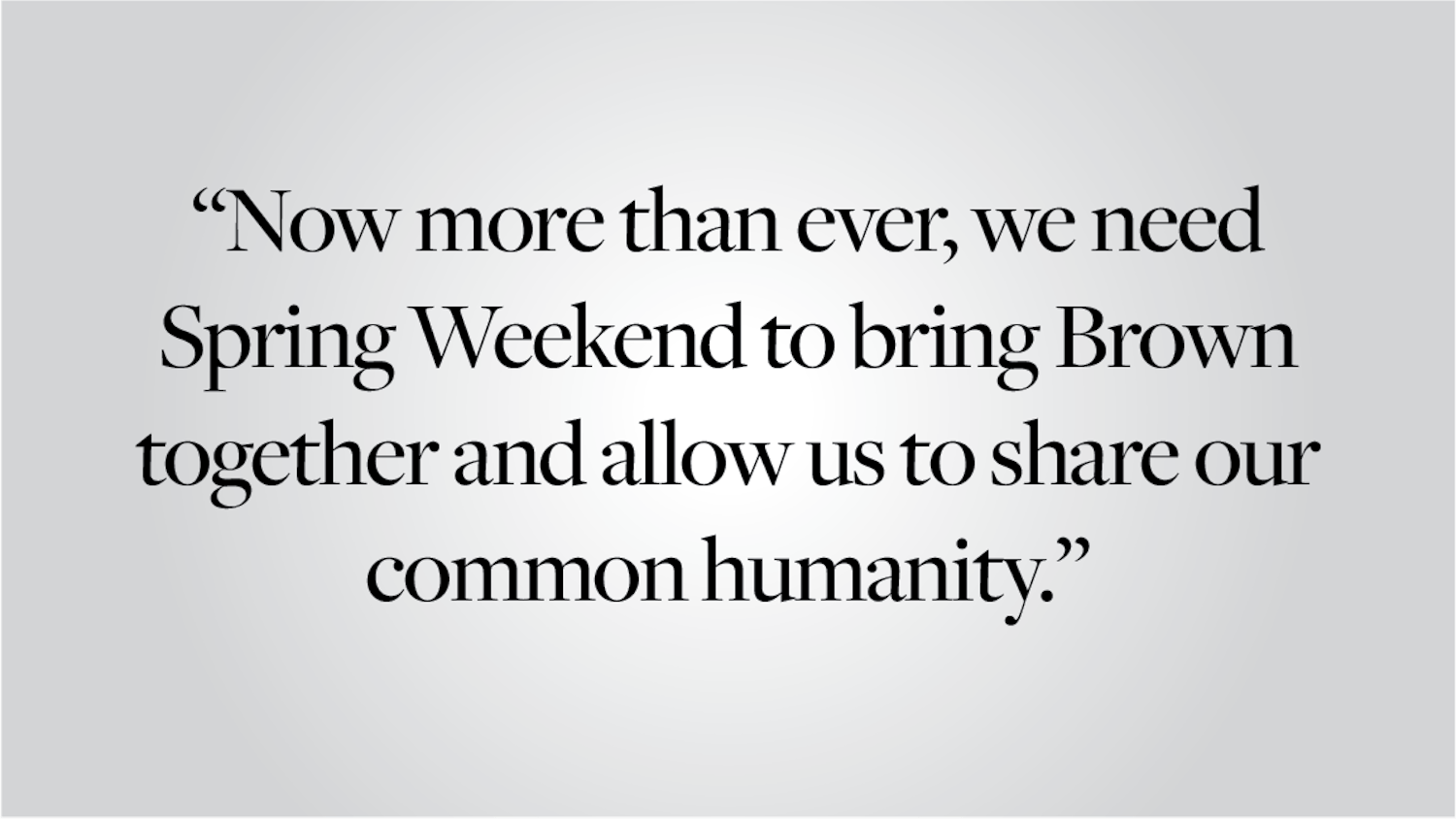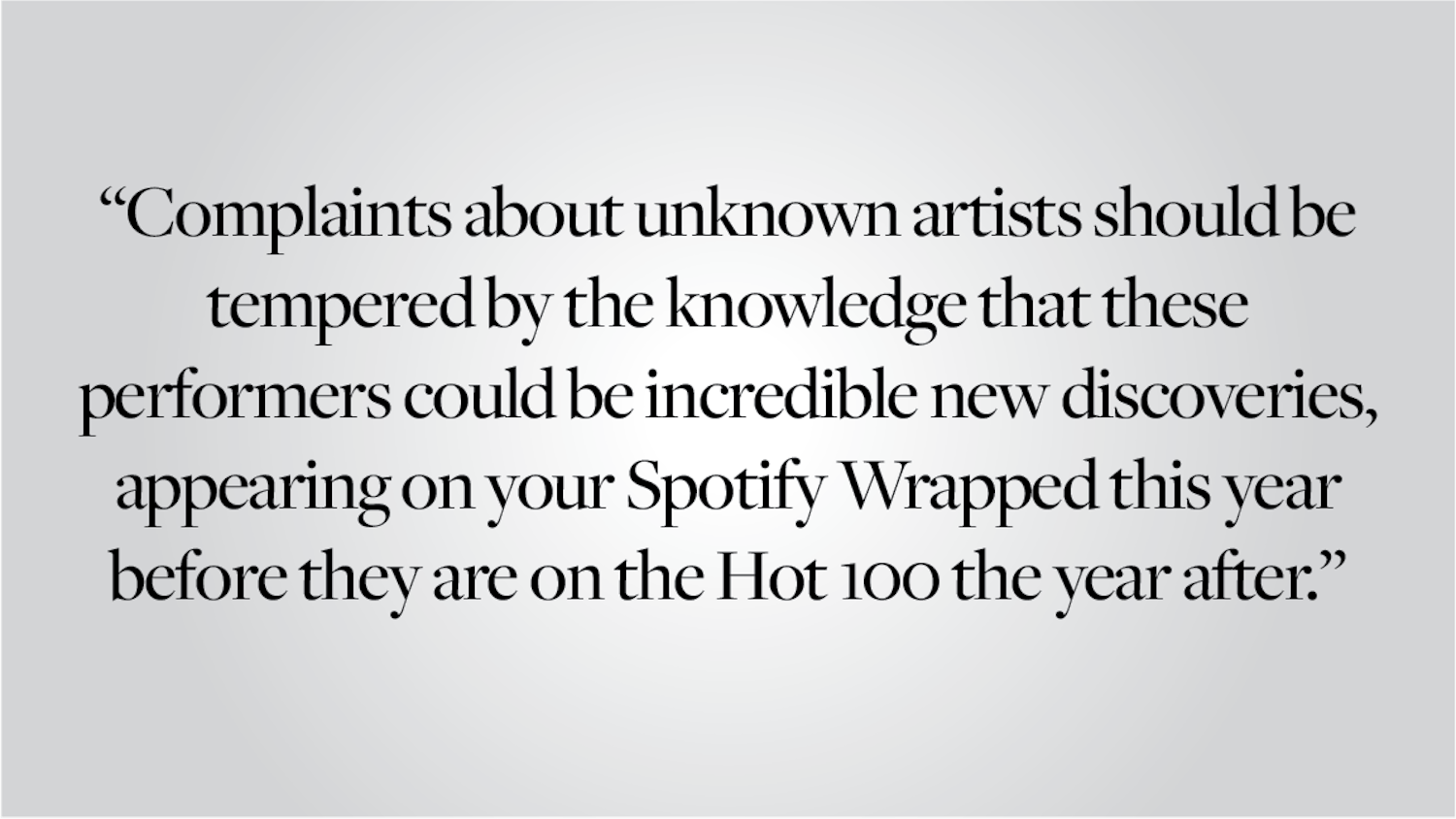A recent article published by the Economist paints a bleak picture of the future of the European Union: Upcoming elections in the member states have the potential of reversing the freedoms EU citizens have enjoyed for six decades, and the economic climate in Europe isn’t much of a pick-me-up. Reading the article, I couldn’t help but feel anxious at the thought of the European community crumbling. Should I book a flight home for summer break before it’s too late? But no matter how many pessimistic articles I read or bleak political prognoses I watch, the European within me believes that the EU-supported harmony — made of different cultures, languages, people and experiences that constitute the continent I call home — will be enough to hold Europe together in times of economic and political uncertainty.
Europe evokes a sense of community and inclusion I haven’t encountered anywhere else in the world. Yet, as governments across the continent adopt populist policies and begin to push against the European Union, the tranquil European community I grew up and fell in love with is in danger of extinction. But I’ve preserved my confidence in the European spirit, despite what projections and polling may have you believe. The Europe I know and love will persist long into the future, regardless of today’s political trends, because the EU isn’t just a short-lived bureaucratic annoyance that barks orders at an unwilling audience — it is part of the fabric of European life.
The dissolution of the EU will do more than create political instability — it will deprive future generations of European citizens of the peace and community that I had the privilege of experiencing. As a teenager, I took pride in the fact that my country, Romania, was a member nation and thus committed to upholding these shared values. I remember, when I was 10 years old, Romania underwent the process of joining the EU. My fellow Romanians celebrated our integration into an organization aimed at protecting the rights that, under decades of communist rule, we were denied. My whole life I have enjoyed the freedoms associated with the EU, never feeling like a complete foreigner in the other states regardless of language barriers or cultural differences. This openness is more than just a politcal or economic fact; it has made a real difference in my life, affording EU citizens the opportunity to study, travel and develop meaningful relationships with one another.
The EU has deeply influenced European values and created work and travel freedoms for member citizens. According to Ian Manners, professor of political science at the University of Copenhagen, the EU functions as a “normative power” in Europe. In order for nations to join the EU, they must accept and implement certain norms, as well as adopt free trade and travel agreements. The EU has often been criticized for acting like a state and therefore interfering with the autonomy of its member nations. (It is for this very reason that Brexit happened.) Especially in today’s economic climate, the perception of foreign forces influencing national politics is quick to cause anxiety and fear. In reality, the EU functions less like an overly involved parent and more like an organization designed to keep European nations from dissolving into nationalism and war.
When it comes to preserving peace, the EU has fostered success. In 2012, the Nobel Committee awarded the EU the Nobel Peace Prize for “transforming most of Europe from a continent of war to a continent of peace.” The organization’s normative effect on policy has done more than add a cumbersome foreign presence in national governments.
Today’s political climate is not the first that can be described as nationalistic and fearful of foreign influence and dangers. It was precisely these sentiments that were responsible for the two World Wars and, arguably, the majority of wars in history. The EU was created to rise above political trends and promote shared European values of democracy, law, social justice and freedom. It saddens me as a European abroad to witness this organization be challenged by the social and political forces it was created to fight.
Despite the current social opposition to the EU, my experience with the freedoms and values promoted by the organization have me optimistic that, while nationalistic and populist waves are temporary, the European community is here to stay. As older generations are pushing back against the EU’s norms and regulations, it is the responsibility of our generation to make our voices heard in EU politics. In last year’s Brexit referendum, the younger generation was overwhelmingly in favor of remaining, but ultimately, it was the votes of the older generation that solidified the decision to leave. Young people — who tend to be more liberal and internationalist in outlook and who must live with the repercussions of the dissolution of the European Union — understand the value of the freedoms protected by the organization and must fight to preserve them.
Fabiana Vilsan ’19 can be reached at fabiana_vilsan@brown.edu. Please send responses to this opinion to letters@browndailyherald.com and other op-eds to opinions@browndailyherald.com.




